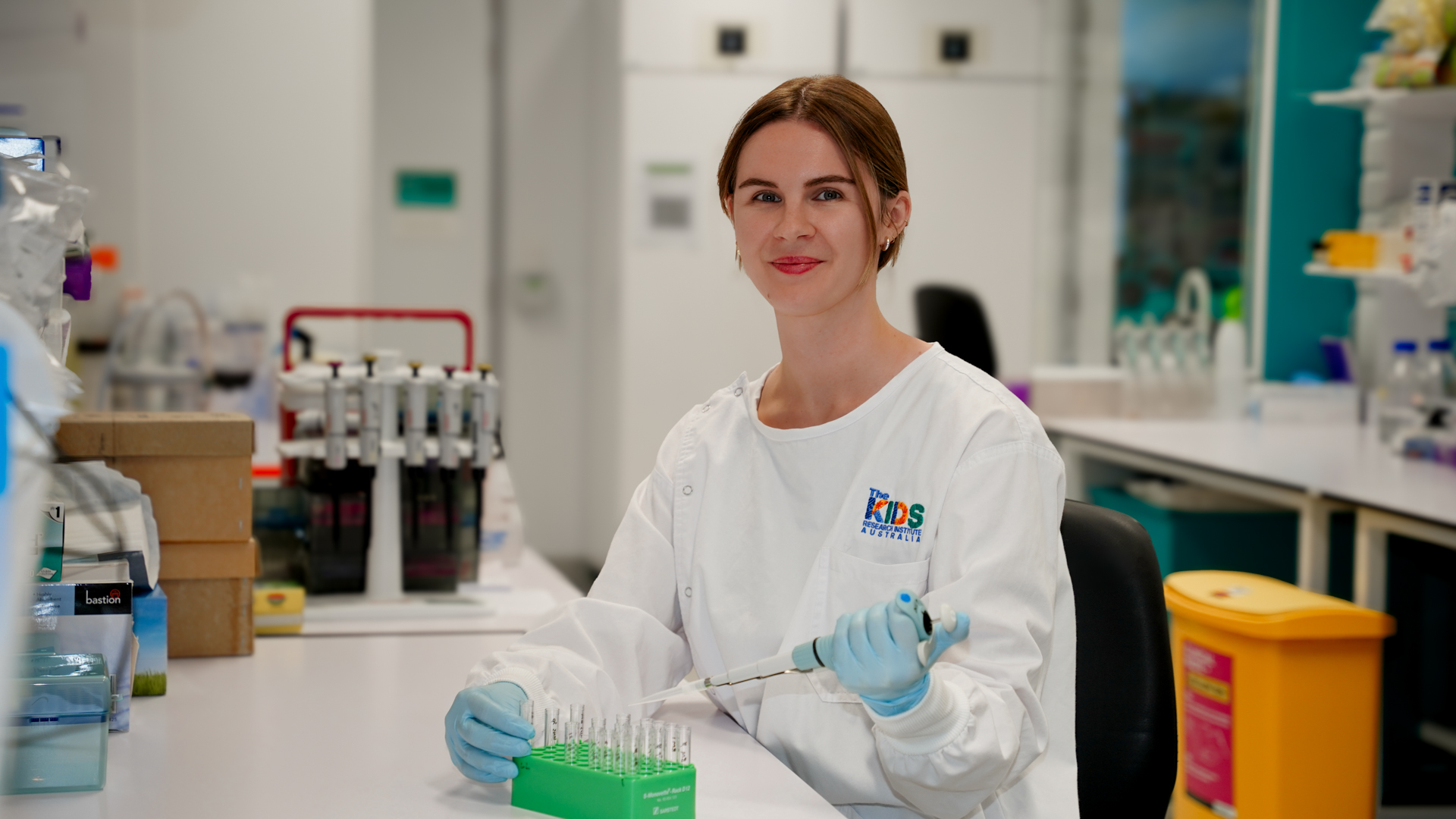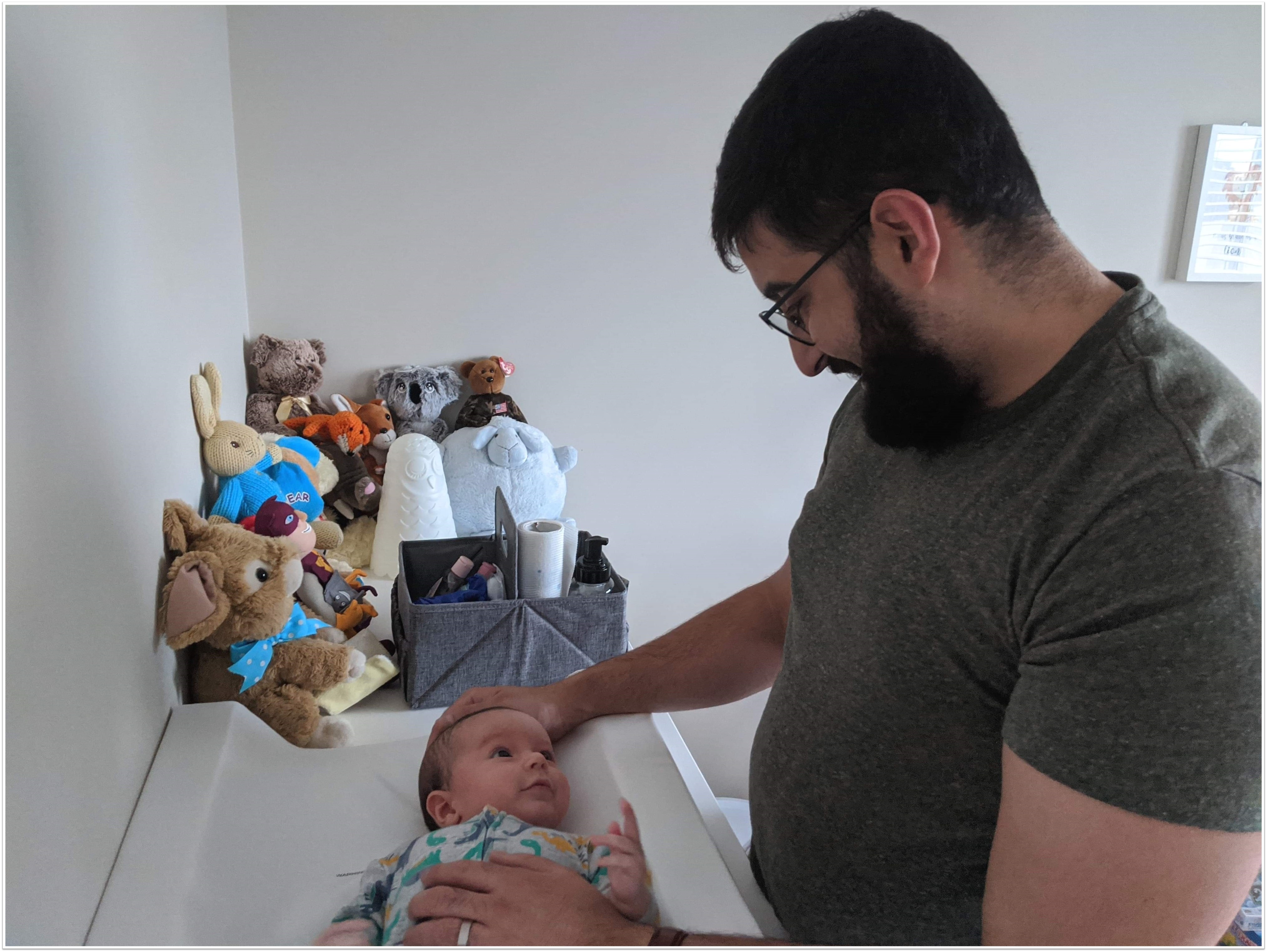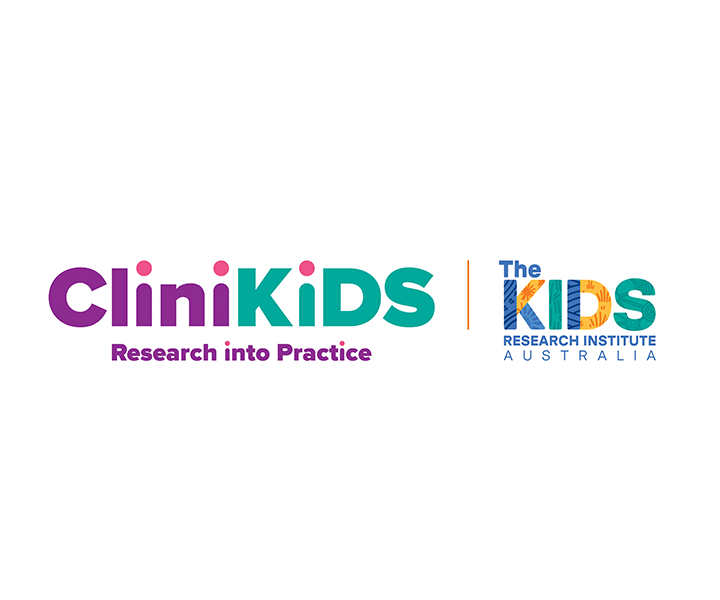Search

Recognise. Reframe. Respond.

Join us for stories, imagination and connection in the Discovery Centre

Get ready for a week of mind-blowing fun as the Discovery Centre comes alive for National Science Week with this year’s exciting theme: Decoding the Universe!

The Kids Research Institute Australia’s annual Prospective Student Evening is an opportunity for students considering Honours, Masters, MDs, or PhDs to learn about what it would mean to work on a project based at the Institute.

A powerful screening of truth telling that captures the stories of the Western Australia Stolen Generation.

Find out what our communities had to say about the draft Statement on Consumers and Community Involvement in Health and Medical Research.

Here you'll find a wealth of information and resources to help support your child.

At CliniKids, it is important that the services we offer are informed by the children and families that utilise our services.

CliniKids is the first clinical service of The Kids Research Institute Australia, providing autism therapies and supports for young children.

Early intervention in autism is proving a game changer.
